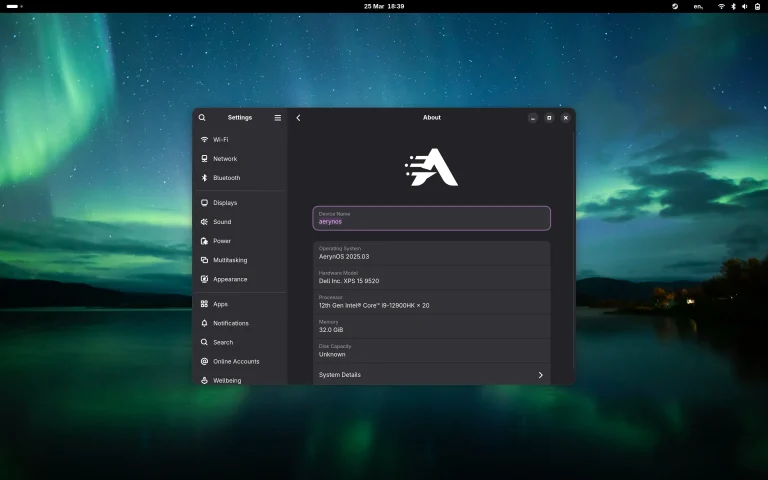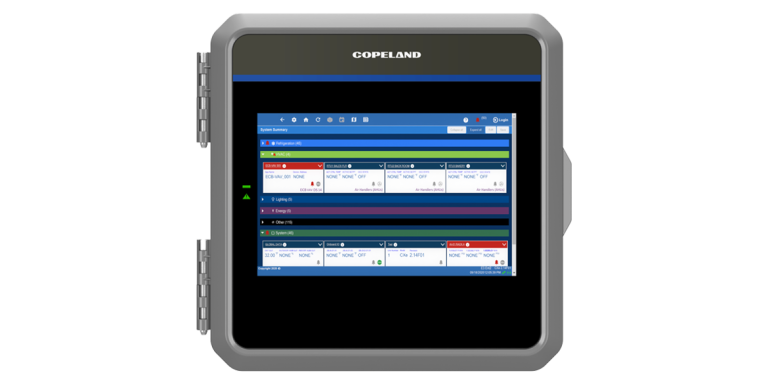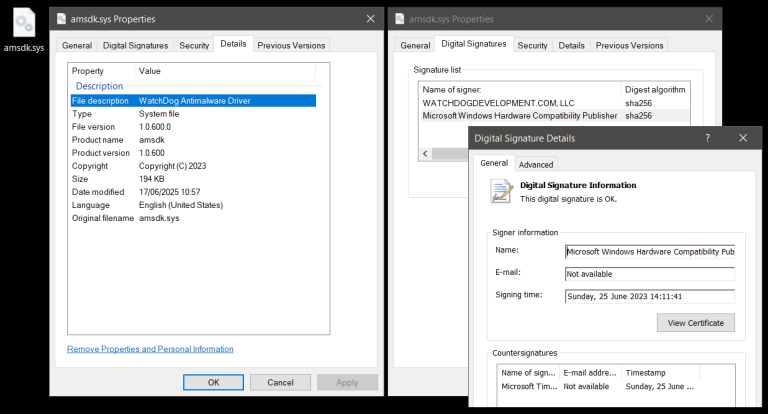
Taylor Otwell, the creator and long-standing steward of Laravel, has issued a cautionary note: the growing fascination with unnecessary complexity and the tendency to bypass the framework’s built-in mechanisms may lead developers into serious trouble. In his words, software ought to remain simple, easily modifiable, and replaceable when needed. Truly complex situations undoubtedly exist, but most solutions that step outside the documented boundaries of Laravel or Ruby on Rails carry inherent risks, serving as an early warning of problems to come. This kind of “code smell” often signals a looming collapse—applications may function today but could eventually buckle under their own weight.
Otwell emphasizes that he sees himself as an ordinary programmer, much like countless others. The primary task, he insists, is to solve common problems as quickly and effectively as possible. That conviction gave rise to Laravel. He began developing the framework in 2010, devoting seven months to its first version. His ambition was to craft a PHP counterpart to Ruby on Rails, since the existing options of the time leaned too heavily toward Java and lacked a convenient built-in ORM. Laravel launched with features that allowed projects to start faster. Some ideas were borrowed from ASP.NET MVC, which used the Razor templating engine—a lineage reflected in Laravel’s Blade engine, still one of its most distinctive hallmarks.
The framework’s popularity grew rapidly, and today Laravel holds an unrivaled position within the PHP community. Otwell himself notes that most new projects begin either with Laravel or with Symfony, the latter being more prevalent in Europe. WordPress, he observes, belongs to a separate ecosystem that rarely intersects with the world of full-fledged frameworks. Statistics support this: in the latest JetBrains survey, 61% of PHP developers reported using Laravel, compared with 23% for WordPress and 21% for Symfony. In the broader Stack Overflow survey spanning all languages and environments, Laravel was used by 8.9% of developers, Symfony by 4%, and WordPress by 13.6%—though in this case WordPress is considered a content management system rather than a framework.
Despite its vast community, Otwell retains complete control of the project. Every pull request must pass through him, and he personally reviews ten to fifteen proposals each day, five days a week—an immense commitment of time and energy. As early as 2013–2014, he was forced to rewrite Laravel’s architecture due to limitations in its initial design. That update broke backward compatibility, and ever since, Otwell has resolved to avoid such disruptions unless absolutely unavoidable. He openly admits to frustration when incompatibilities are introduced by external tools—including PHP itself.
One contentious issue remains the interplay between Laravel’s philosophy of “convention over configuration” and the rising popularity of static code analysis. Tools like PHPStan struggle with Laravel’s dynamic nature, prompting the creation of Larastan to better align with the framework. Still, Otwell acknowledges that the PHP community is shifting toward stricter typing, and Laravel will adapt accordingly. In his view, a majority of developers may already prefer strongly typed applications.
The community is also pushing Laravel deeper into modern frontend integration. The most notable example is its growing synergy with React through InertiaJS, which is specifically designed with Laravel in mind. Otwell concedes that he has little direct experience with React, but developer demand is so strong that Laravel inevitably moves in that direction.
Meanwhile, debates about Laravel’s quality continue. On Hacker News, for instance, many recall the 2013 overhaul as a painful experience. Some argue that Laravel is friendlier to beginners than Symfony, albeit at the cost of flexibility and depth. Yet Otwell maintains that this is precisely the point: success comes from using the framework as it was intended, not by inventing detours. For those who reject its philosophy, Laravel will likely never feel like home. But the steadily rising adoption rates and enduring interest suggest that for a vast number of developers, Laravel delivers exactly what they seek.






